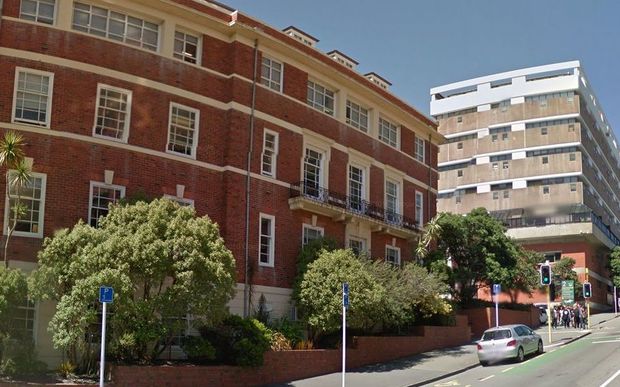Según la última convención colectiva aprobada en noviembre pasado, un profesor instructor debería cobrar hoy 525 bolívares (121,48 dólares), pero «va a cobrar 325 (75,20 dólares), es decir, 200 menos»
Las autoridades universitarias de Venezuela rechazaron este jueves que el régimen de Maduro, luego de aumentar el salario mínimo de 7 bolívares (1,6 dólares) a 130 bolívares (30 dólares), redujera de manera «sustancial» las escalas salariales que establecen sus ingresos según los grados de profesionalización del sector.
El vicerrector administrativo de la Universidad Central de Venezuela (UCV), Amalio Belmonte, explicó a Efe que, según la última convención colectiva aprobada en noviembre pasado, un profesor instructor debería cobrar hoy 525 bolívares (121,48 dólares), pero «va a cobrar 325 (75,20 dólares), es decir, 200 menos«.
«Un profesor titular, de acuerdo con la proyección de la cuarta convención colectiva, debería estar cercano a los 855 bolívares (204,79 dólares), va a cobrar 535 bolívares (123,80 dólares), una disminución considerable, que también la sufre el sector administrativo y el sector obrero. El sueldo que deberíamos ganar no es el que hoy aparece, es un porcentaje bastante menor en los sueldos de profesores, el personal administrativo y obrero», aseveró.
Belmonte sostuvo que «no hay estímulos para que alguien ascienda porque al final lo que va a obtener como beneficio después de haber hecho un esfuerzo intelectual es poco».
En este sentido, la rectora de la UCV, Cecilia García Arocha, escribió en su cuenta de Twitter que rechaza «las tablas salariales aprobadas por la OPSU (Oficina de Planificación del Sector Universitario), que violan la Ley Orgánica del Trabajo, así como los convenios colectivos celebrados por los legítimos gremios del sector universitario».
Por otra parte, las autoridades de la UCV, el principal centro de estudio de Venezuela y patrimonio de la humanidad, denunciaron en un comunicado que los beneficios pactados en el último contrato colectivo por porcentajes, de acuerdo con el grado de profesionalización, antigüedad, rendimiento académico y por carga familiar, «se modificaron arbitrariamente» al disminuirlos.
El bono doctoral, que era un 60 % del sueldo, fue rebajado al 40 %, indicó Belmonte.
«Ha habido una rebaja sustancial tanto en el sueldo como en los bonos recibidos, son elementos más de desestímulos a la actividad académica y al personal, que ya tenemos problemas, en general, para sufragar los gastos de manutención familiar de forma que sea satisfactorio«, reiteró.
La UCV agregó en el comunicado que todo instructivo salarial «impuesto» por el Ministerio de Educación Universitaria y la OPSU, cuyos montos «no estén acordes con los criterios de las interescalas y reduzca los porcentajes establecidos de primas u otros beneficios, es violatorio de los derechos humanos de la progresividad, intangibilidad e irrenunciabilidad de los derechos y beneficios laborales del sector universitario».
Fuente: https://www.analitica.com/actualidad/actualidad-nacional/gremio-universitario-rechazo-la-reduccion-de-escalas-salariales/







 Users Today : 25
Users Today : 25 Total Users : 35459931
Total Users : 35459931 Views Today : 29
Views Today : 29 Total views : 3418494
Total views : 3418494